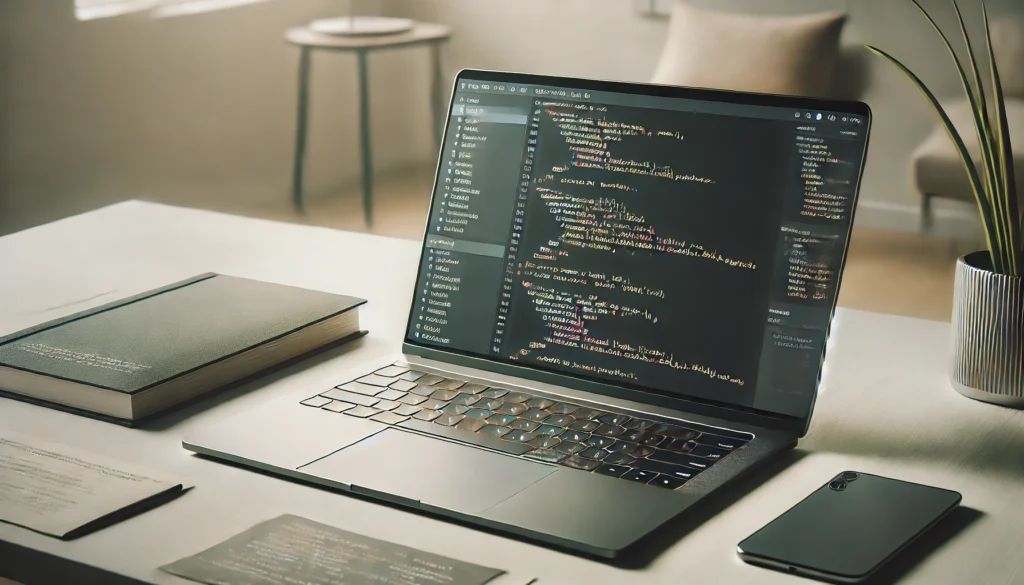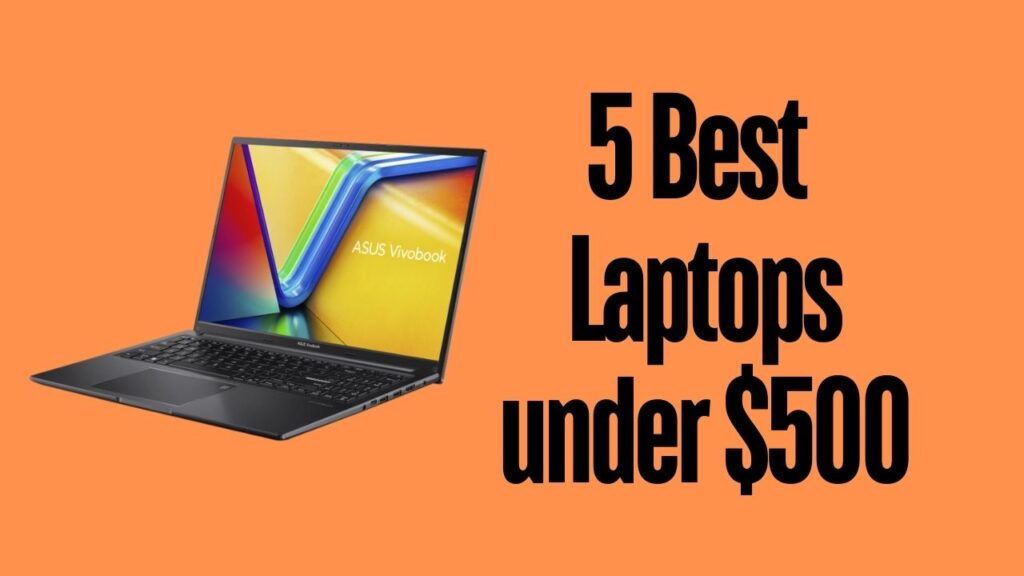Introduction
Today, we’re returning to our roots to bring you this guide on the best laptops for programming. It covers everything from budget-friendly options to high-performance machines designed to meet the demands of modern developers. Whether you’re coding web apps, mobile software, or even AI projects, there’s a perfect laptop out there.
Best Laptops for Programming Detail
Here, you can find the best laptops for programming, a Buying guide, and complete details.
Screen Size and Resolution
- One of the first choices to make when buying a laptop for development is screen size. Viewing a large amount of code at once will make you more efficient.
- A bigger screen helps you see the bigger picture of the algorithm you’re working on or allows you to spot issues more easily in long log files. Constantly scrolling can hinder your workflow and lead to lost context.
- I recommend choosing a laptop with a screen large enough to do real work, ideally around 16 inches. However, portability is also key. Many developers love the freedom of working from cafes, co-working spaces, or even different locations within an office.
- For this reason, I suggest a lightweight and compact laptop, ideally no heavier than 5 pounds.
- If portability is a higher priority, you can opt for a 14-14.5-inch display under 3.5 pounds. This size still provides a good balance between screen real estate and portability.
- Resolution and brightness are also crucial. Higher resolutions provide crisper code; high brightness is significant in bright environments.
- A brightness level of 500 nits is recommended to counteract reflections on glossy screens, while 400 nits should suffice for matte screens.
Processor
- Most modern processors are powerful enough for coding, but the type of development you do might dictate your choice. If you’re coding for iOS, you’ll need a Mac to compile Apple-specific code.
- Avoid Qualcomm laptops for Android development, as they struggle with performance. For AI/ML tasks, I recommend laptops with Intel or AMD processors and dedicated Nvidia GPUs if you plan to train models locally.
- Intel and AMD laptops are preferred for backend development, as you can run Linux natively without needing a virtual machine.
Memory and Storage
- Memory needs vary depending on the type of work you do. A safe minimum for new programming laptops is 16GB, but 32GB is ideal if you want the machine to last several years.
- Students might be okay with 512GB for storage, but professionals should aim for 1TB or more. If you must choose between upgrading memory or storage, prioritize memory, as storage can often be upgraded later.
Keyboard and Trackpad
As a coder, you’ll be typing a lot, so you want a comfortable and well-laid-out keyboard. A poor keyboard layout can lead to mistakes, slowing down your workflow. Similarly, a responsive trackpad is crucial for accurately positioning the cursor in code.
Minimizing Distractions
Coding requires intense focus. To minimize distractions, look for laptops that aren’t excessively warm or noisy. Fan noise, in particular, can be disruptive in quiet environments.
Battery Life
Battery life is also essential, primarily if you work on the go. MacBooks still offer the best battery life. AMD’s latest processors or Intel’s Core Ultra series are also solid options.
However, I recommend carrying a lightweight USB-C charger with you to ensure you never run out of power during a full day of coding.
Laptop Recommendations
I have created a table listing the laptops along with the corresponding links. You can now view and interact with the table directly. Let me know if you need any further adjustments.
| Laptop Model | Link |
|---|---|
| Yoga Pro 9i | Buy Here |
| MacBook Pro 16 | Buy Here |
| ProArt P16 | Buy Here |
| Zephyrus G16 | Buy Here |
| IdeaPad 5 Pro 16 | Buy Here |
| MacBook Pro 14 | Buy Here |
| Vivobook S 14 | Buy Here |
| Zephyrus G14 | Buy Here |
| Legion Slim 5 14 | Buy Here |
| Predator Helios Neo 14 | Buy Here |
| Omen Transcend 16 | Buy Here |
Conclusion
We’ve reviewed some of the top laptops available, each tailored to different development environments. With options ranging from budget-friendly to high-performance machines, there’s something here for every developer. No matter which you choose, these laptops are designed to help you code efficiently and effectively, ensuring long-term performance as you grow in your career.
FAQs:
What key features should I consider when choosing the best programming laptop?
When choosing a programming laptop, prioritize processing power (Intel/AMD CPUs), memory (16GB minimum), storage (preferably 1TB), and a comfortable keyboard. Screen size, resolution, and portability are also key factors depending on your work environment.
Do I need a dedicated GPU for programming?
A dedicated GPU isn’t necessary for general programming. However, if you’re into AI/ML development, game development, or other GPU-intensive tasks, having a laptop with an Nvidia or AMD GPU can significantly boost performance.
Are MacBooks good for programming?
Yes, MacBooks, notably the MacBook Pro series, are excellent for programming. They offer great performance, long battery life, and a top-tier display, making them popular among developers, especially those working on iOS applications or multi-platform development.
Can I use a gaming laptop for programming?
Absolutely! Gaming laptops often have powerful processors and high-quality GPUs, making them ideal for coding, especially for game development or resource-intensive programming tasks. However, they may be bulkier and have shorter battery life than dedicated programming laptops.
Is 16GB of RAM enough for programming?
For most developers, 16GB of RAM is sufficient. However, if you’re working with heavy workloads, like running virtual machines, complex simulations, or large-scale applications, opting for 32GB of RAM would be a safer bet for future-proofing.
Which operating system is best for coding?
The ideal operating system varies based on your development requirements. Windows and Linux are excellent for backend development and multi-platform support, while macOS is essential for iOS and macOS app development. Many developers prefer Linux for its versatility and support for server-side development.
Do I need an expensive laptop to start programming?
No, an expensive laptop isn’t necessary to begin programming. There are several affordable options with enough power to handle basic coding tasks. You can always upgrade later as your skills and project demands grow.



